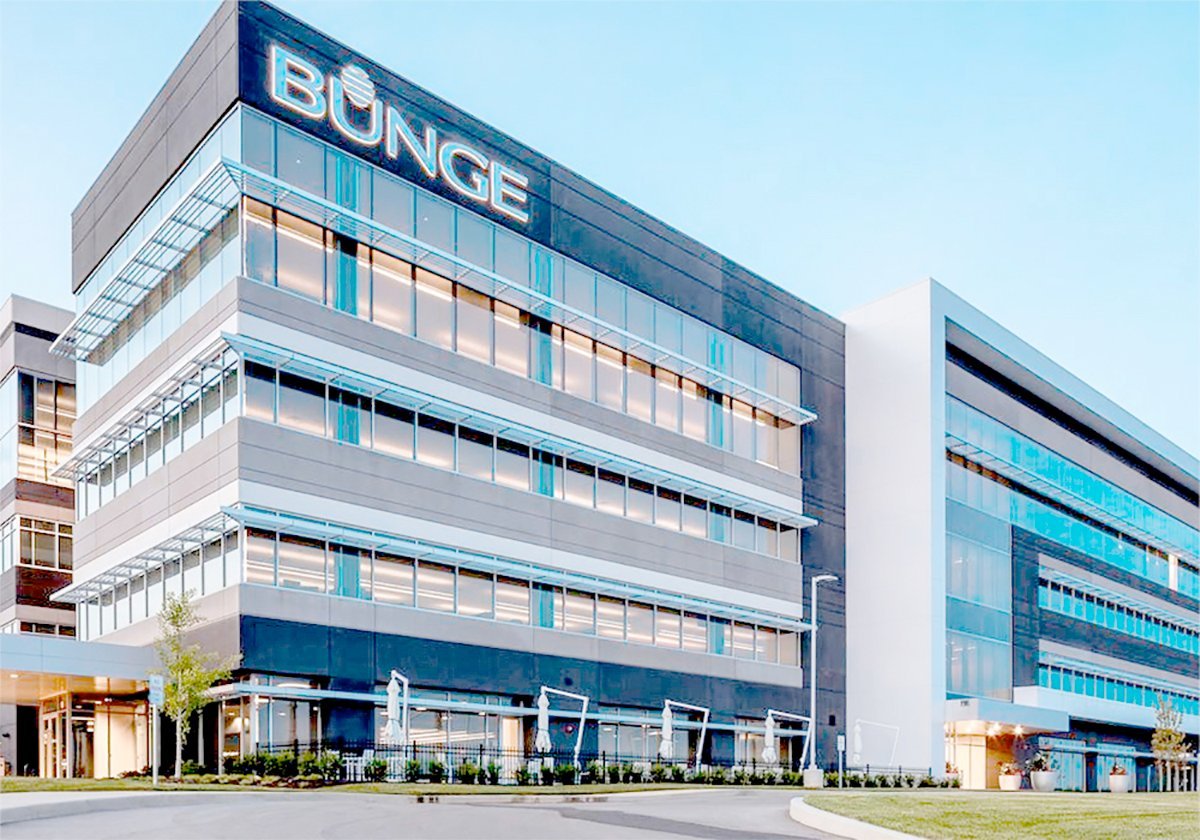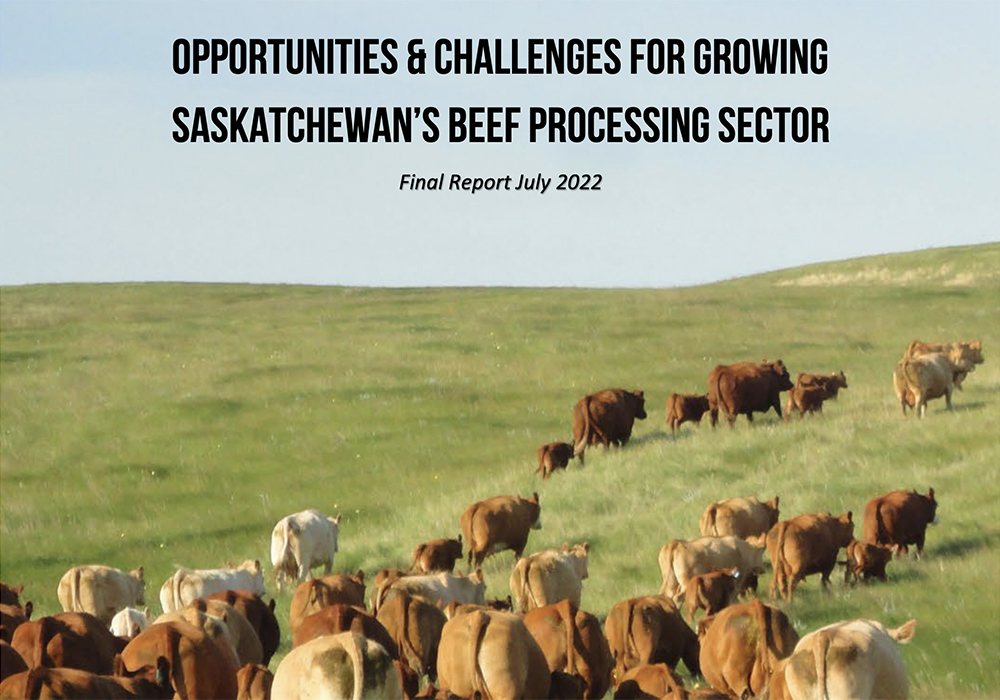The Saskatchewan Stock Growers Association is looking at next steps after releasing a study on potential beef processing in the province.
One of the authors, Willie Van Solkema, presented the findings at the organization’s annual general meeting in June, saying that the province could support a federally inspected plant with capacity of between 500 and 1,000 head per day.
Investors took note, said SSGA president Garner Deobald.
“It definitely has generated some interest,” he said.
Read Also

Bunge sells assets per merger approval
Bunge has sold five western Canadian elevators as required under the federal approval for its merger with Viterra.
Van Solkema outlined plant requirements and noted that a 1,000-head-per-day plant would cost more than $200 million, while one processing half as many would cost $120 million. Even the larger plant would be in direct competition with Alberta’s two large facilities because it would produce more beef than the province uses.
The provincial government has a goal of doubling meat processing capacity revenue by 2030. That revenue in 2019 was $544 million.
The SSGA commissioned the study to determine whether the province could support a plant. The federally inspected beef plant in Moose Jaw closed more than 10 years ago and there is no large-scale packer in Saskatchewan.
Deobald said the priority is to sit down with the government and see if it has something it can offer to draw investors.
The SSGA said industry and governments could look at incentives from all three levels of government, including the Saskatchewan Value-added Agriculture Incentive. It encouraged the province to identify possible locations for a plant and to hold meetings with packers in Canada and the United States to discuss sites.
Deobald said common sense dictates that a plant would have to be closer to a larger urban centre to have access to a workforce and the amenities workers would want.
The Moose Jaw-Regina area would be ideal, he said, because it is served by major transportation routes.
“If you can attract investment from someone already in the industry or find some partners to work together, I think we (SSGA) can play a role to connect the dots,” Deobald said.
The SSGA also called for specialized risk material regulations to be standardized with the U.S. to make the Canadian industry more competitive. Currently, much larger amounts of SRM are removed from Canadian cattle than those in the U.S. and at a higher cost.
















